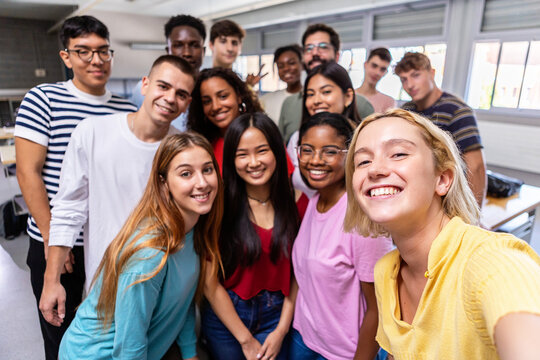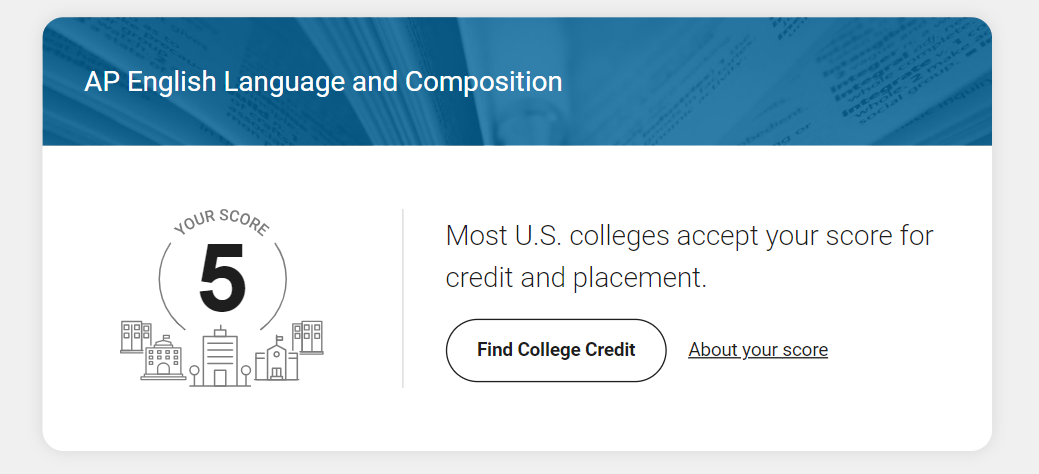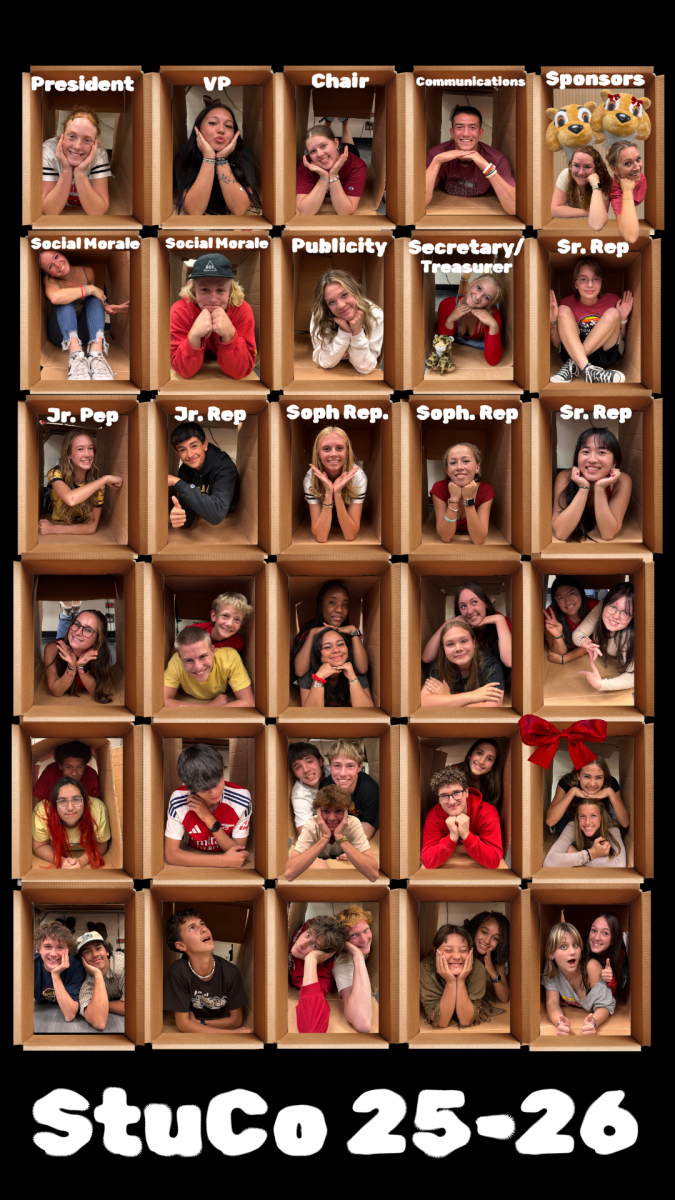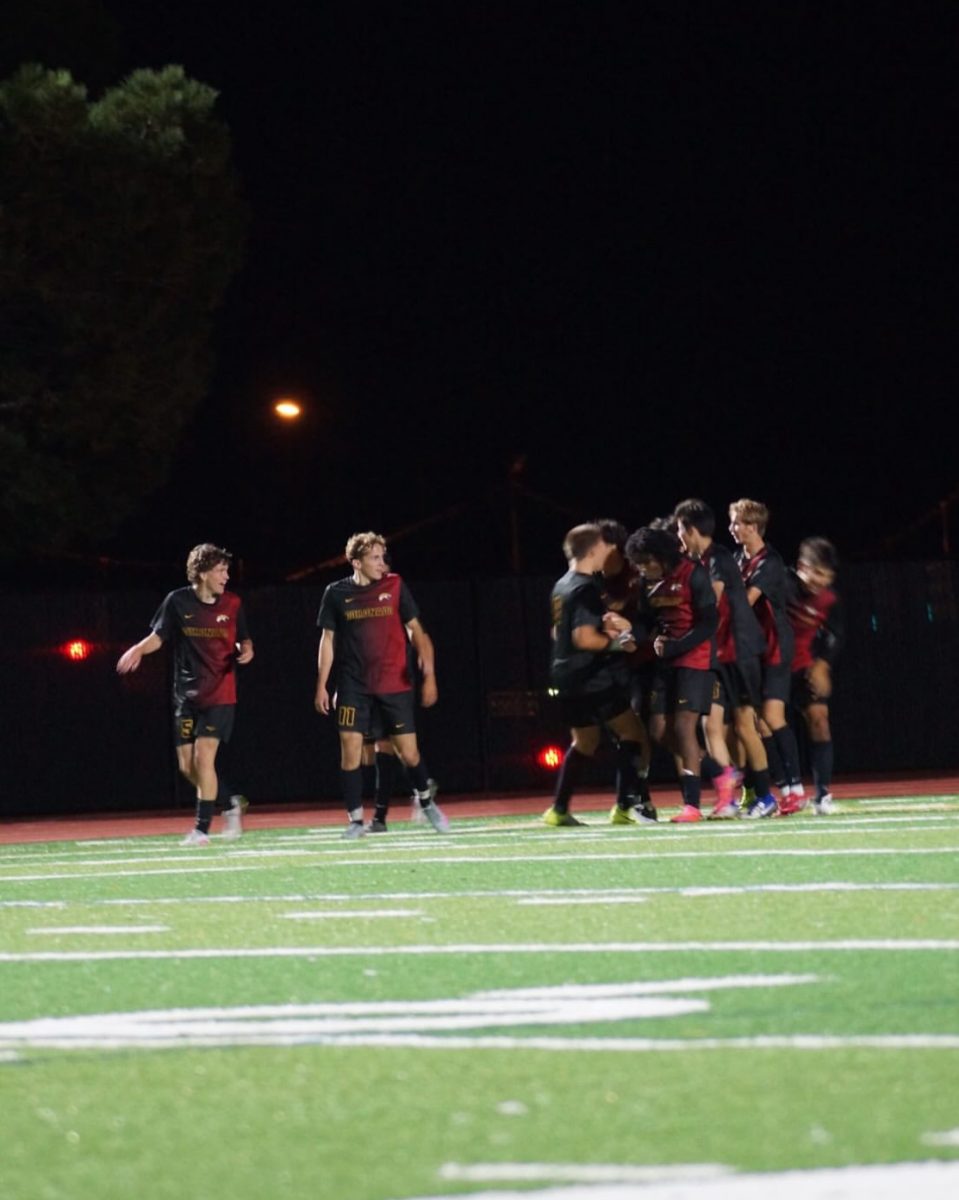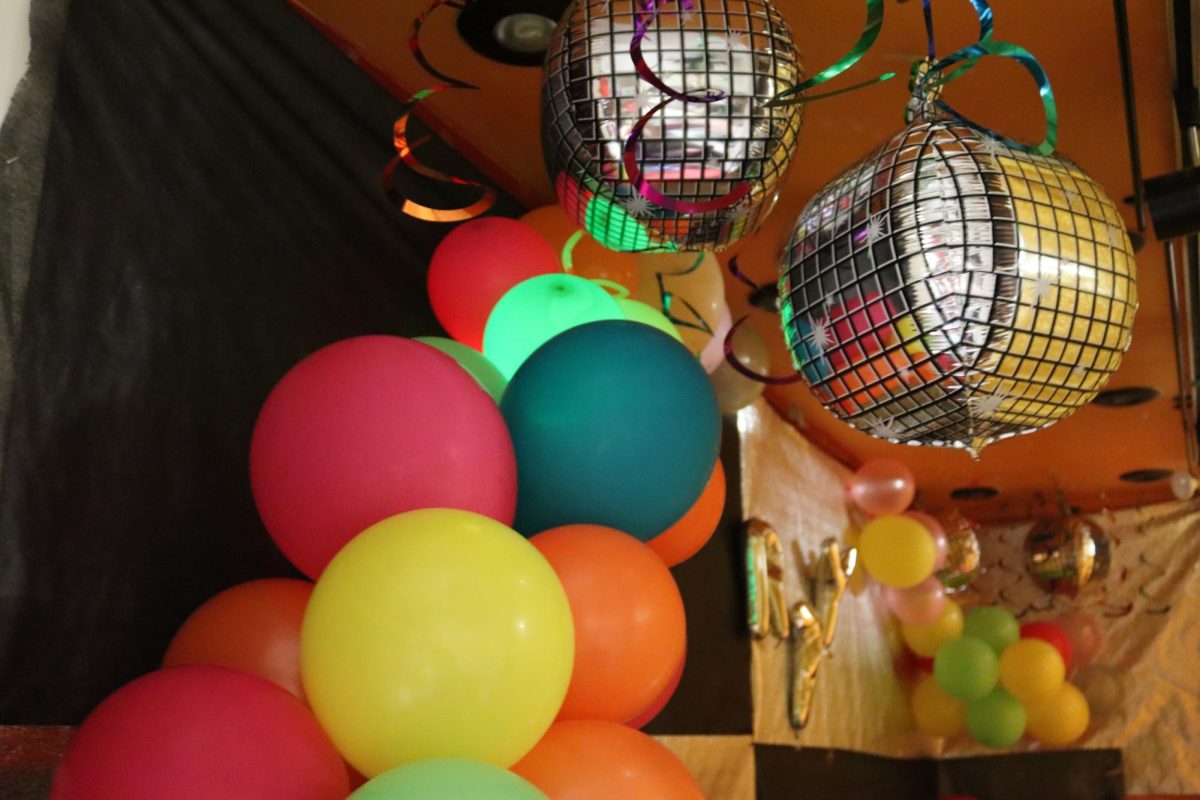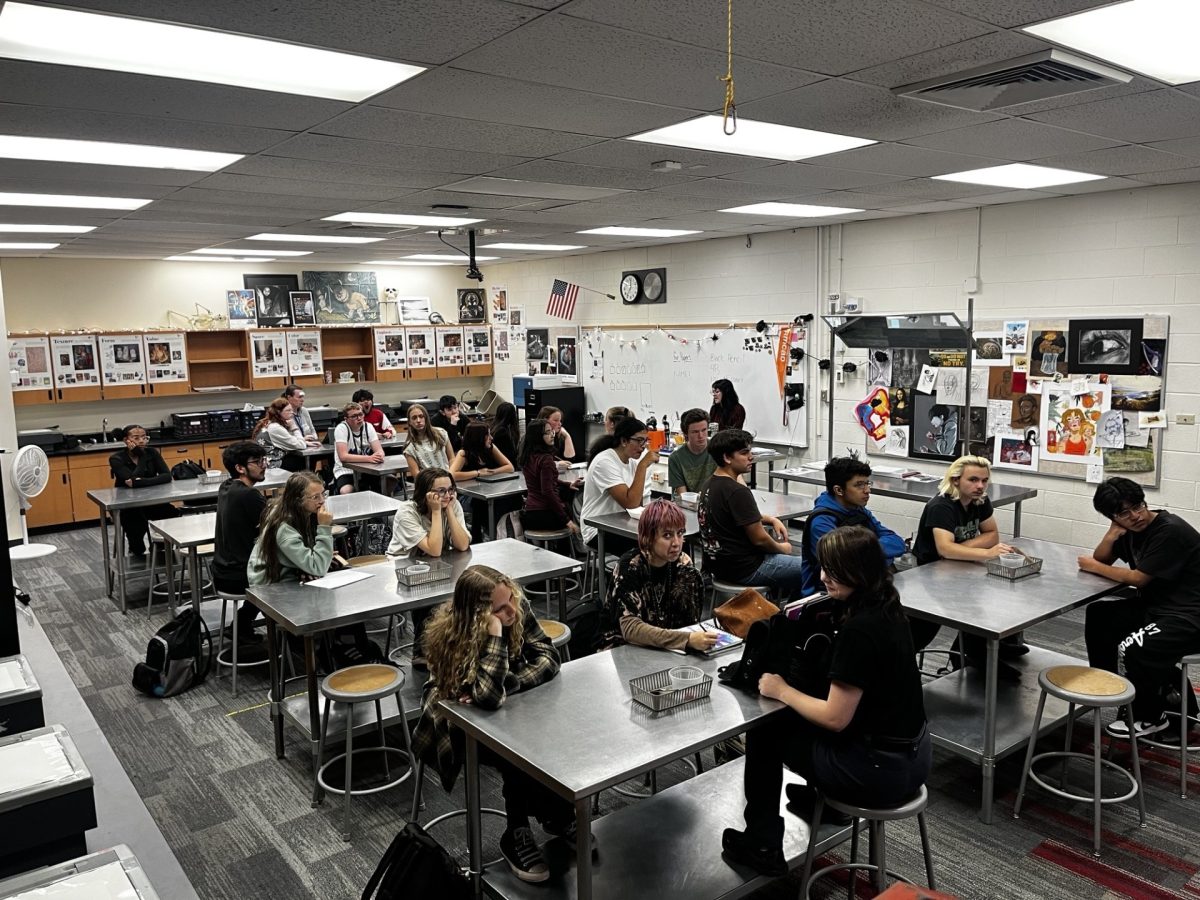At Coronado the needs of gifted students often go unmet, leaving students feeling overlooked and underserved. Gifted students face unique challenges, including perfectionism, imposter syndrome, and struggles with executive functioning skills. Unfortunately, the current educational system fails to sufficiently address these issues, especially at a high school level.
Students are identified as a part of the gifted and talented program in elementary school and are supported by exploratory course opportunities, but the high school gifted program works differently. After speaking with Mrs. Ann Schulzki, Coronado’s Gifted and Talented Program Leader, explains that in high school the gifted program helps “students [work] toward[s] meeting graduation requirements, so the Gifted and Talented role differs to support [the] promotion of rigorous and diverse opportunities and acts as a resource for students.”
Coronado helps their gifted students by offering many dual and concurrent enrollment opportunities along with Advanced Placement classes to support students. The academic rigor of these college credit classes is helpful for many gifted learners. Still, there is pressure surrounding the students that they “have to” take these advanced level classes because they are considered gifted and smarter than the average student and in need of the challenge of advanced classes.
Being labeled as gifted does not solely mean that a student is gifted in general intellectual abilities. There are many different areas of gifted identification beyond general intellectual ability. Students can be gifted in specific academic aptitudes or be gifted in specific talent aptitudes like leadership, dance, music, performing arts, visual arts, and psychomotor.
Advanced placement classes don’t work to meet the needs of gifted students, they only offer harder college-level classes to high school students. Jayden Belk, Class of 2024, claims that “taking a high number of college classes, sometimes on par with or more than an average college freshman, is not sustainable for any high schooler, even high schoolers with different neurochemistry. It leads to burnout and feelings of inadequacy when [students] are unable to succeed in this context.”
While these advanced classes do somewhat help gifted students in their areas of gifted identifications, the program also forces students to create Advanced Learning Plans (ALP) to create a solution and meet the desired needs of all gifted students. ALPs often fall short of meeting students’ learning needs. Jayden Belk who has been a part of the gifted program since elementary school, claims that “Advanced Learning Plans are distinctly unhelpful, and I consider them a pointless waste of time after completing them the past eight years… They do not benefit most gifted students, as they only add additional work to an often-overcommitted schedule.”
Belk speaks from experience. These ALP goals create a broad resource to help all areas of gifted students create goals with a plan on how to achieve them for the school year. In high school programming, these ALPs set by students simply do not solve the problems gifted students are facing. One Coronado Junior, who wishes to remain unnamed, believes that “The GT program seems more like busy work than anything. I can say with full accuracy that I have never attributed any of my success to my required GT goals or work. It’s useless.”
The gifted program at Coronado should step up to help gifted students in a more specific and individualized way. Jayden Belk said it best: “The system has the potential to support future gifted students, but it needs an overhaul and the input of gifted students facing the issue and unique environment of today’s schools. Without this, [the gifted program] will continue to serve those learners mostly only as a minor annoyance.”



